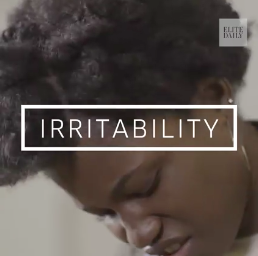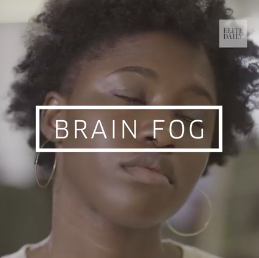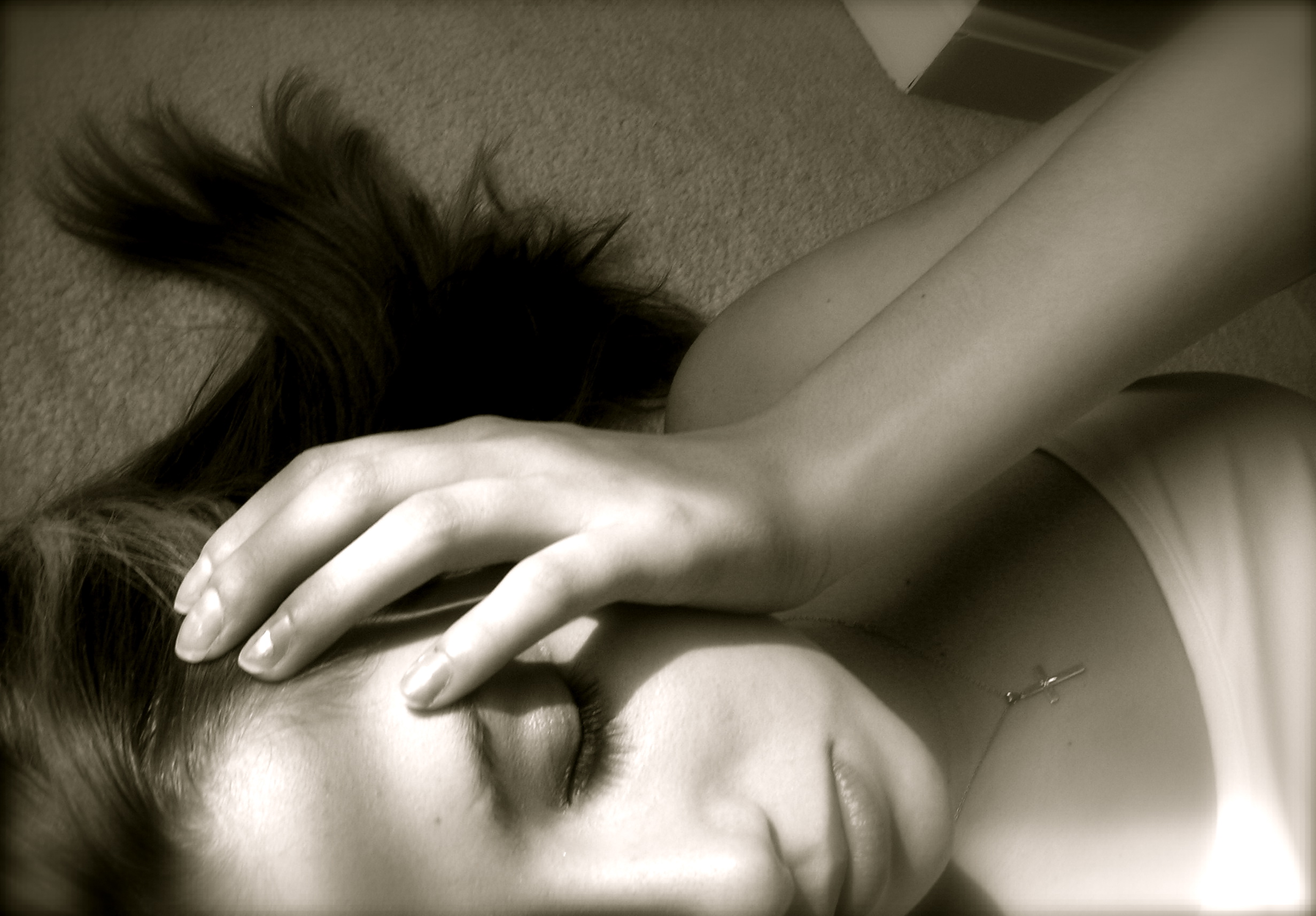What Happens to Your Body When You Stop Drinking Coffee

By:
Most of us can't fathom starting our day without a steaming cup of morning joe. But we — and our wallets — may be better off without it.
For consistent coffee drinkers, the first week of abstaining from coffee is miserable; it can set some people into caffeine withdrawal, which is listed as a mental health disorder in the DSM-5.
"The symptoms (of caffeine withdrawal) overlap with a lot of other disorders and medical problems," Laura Juliano, Ph.D., a psychology professor at American University who worked on the most recent DSM-5, told The Wall Street Journal. "We've heard many times people went to the doctor for chronic headaches or because they thought that they had the flu and it turns out it was caffeine withdrawal and they didn't even know it."
Here's what happens the first week after quitting coffee.
1. You may become easily agitated.
 Elite Daily - facebook.com
Elite Daily - facebook.com
Caffeine elevates the drinker's mood, as this Elite Daily video points out. So quitting can have the opposite effect and cause some people to become irritable.
2. You may experience constipation.
 Elite Daily - facebook.com
Elite Daily - facebook.com
Coffee drinkers may feel even more ticked off when they experience constipation, another symptom of caffeine withdrawal. Since caffeine stimulates the bowels, it may take a few days for the body to adjust without it.
3. You may feel mentally fuzzy.
 Elite Daily - facebook.com
Elite Daily - facebook.com
Coffee also stimulates brain activity, so when drinkers quit, their brains may become a little foggy.
4. You may experience debilitating headaches.
 Avenue G/Flickr - flickr.com
Avenue G/Flickr - flickr.com
The worst side effect of kicking coffee may be the excruciating headaches that often follow and last anywhere from two to nine days.
Average coffee drinkers consume around 280mg of caffeine a day — equivalent to about two cups of coffee — and heavy drinkers consume about 400mg. To beat the possibility of headaches and other withdrawal symptoms, it's best for coffee drinkers to wean themselves off caffeine over the course of two weeks to a month, The Wall Street Journal reports.
These are the benefits of passing on your caffeine fix:
An improved appearance
For one, regular coffee drinkers who quit will just look better. Since coffee is highly acidic, it erodes tooth enamel and stains teeth; quitting coffee will naturally whiten them.
Increased productivity
And though this may seem counterintuitive, abstaining from caffeine will actually increase productivity. Coffee provides people with an instant energy boost, but after a few hours, they crash. Without caffeine, stamina remains stable throughout the day.
A calmer state of mind
Something else that remains constant after quitting coffee is people's state of mind. Since coffee stimulates the adrenal glands, it can cause anxiety. Without it, it's easier to stay mellow.
That said, coffee isn't necessarily all bad; studies have found consuming moderate amounts of it has its benefits, including reducing the risk of type 2 diabetes, gall stones, and Parkison's disease, among other ailments.
[h/t Elite Daily]
